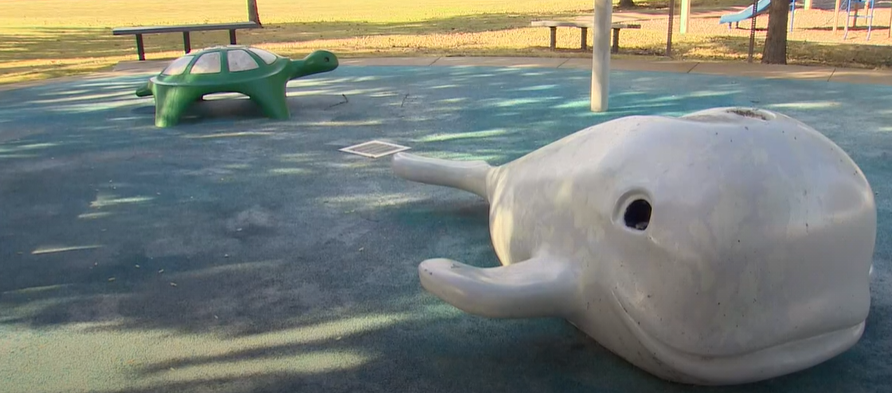
ARLINGTON (WBAP/KLIF)- An Arlington Family has retained a lawyer after their child died from an infection caused by a rare amoeba, likely contracted at an Arlington Splash Pad.
A Tarrant County Public Health investigation determined two possible sources for the child’s exposure to
water containing N. fowleri: the family’s home in Tarrant County or the Don Misenhimer Park splash pad in Arlington. On Sept. 24, the Centers for Disease Control and Prevention confirmed the presence of active N. fowleri amoeba at the splash pad from water samples and determined the Arlington site was the likely source of the child’s exposure.
The City is taking full responsibility, citing an internal investigation revealed issues with the water quality, incomplete records and gaps in inspections.
“We have identified gaps in our daily inspection program,” Deputy City Manager Lemuel Randolph said.
“Those gaps resulted in us not meeting our maintenance standards at our splash pads. All of the splash
pads will remain closed until we have assurance that our systems are operating as they should, and we
have confirmed a maintenance protocol consistent with city, county and state standards.”
The child visited the splash pad in late August and early September, became sick and died on September 11th.
Records show, the days the child visited, chlorine levels were below minimum state standards.
The City of Arlington closed the Don Misenhimer Park splash pad on Sept. 5, immediately following notification of the child’s illness, and proactively closed all public splash pads for the remainder of the year out of an abundance of caution.
Arlington Mayor Jim Ross said the situation is absolutely horrific and said “we absolutely failed”.
“Make no mistake, I’m taking responsibility for this, this happened under my watch and the buck stops here,” said Ross.
Ross said the city’s dirnking water isn’t affected and safe to drink.
The risk of N. fowleri infection is very low, with only 34 reported infections in the United States between 2010 and 2019, according to the CDC. N. fowleri infects people when water containing the amoeba enters the body through the nose. This typically occurs when people go swimming or diving in warm freshwater places, such as lakes and rivers. In very rare instances, the ameba has been identified in other sources, such as inadequately chlorinated swimming pool water or heated and contaminated tap water.




